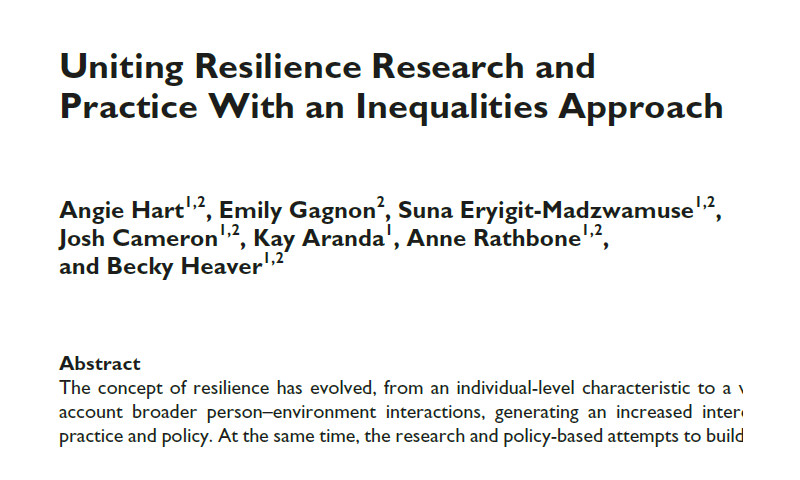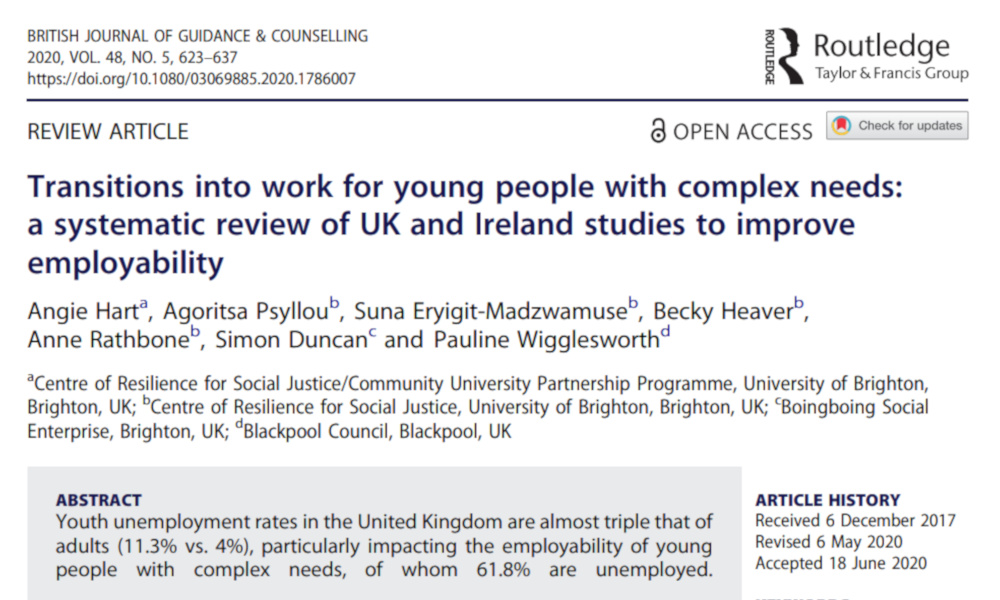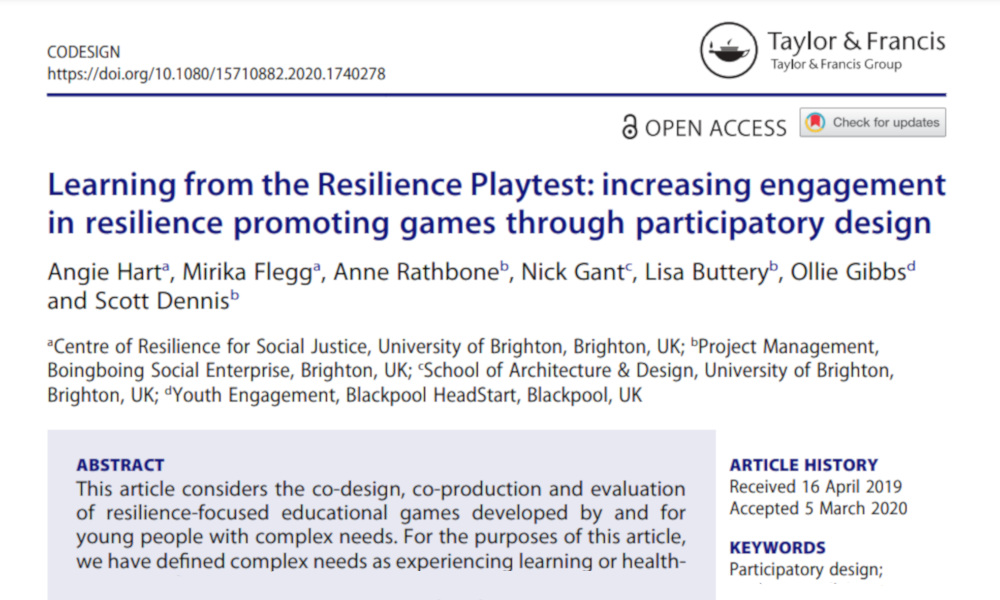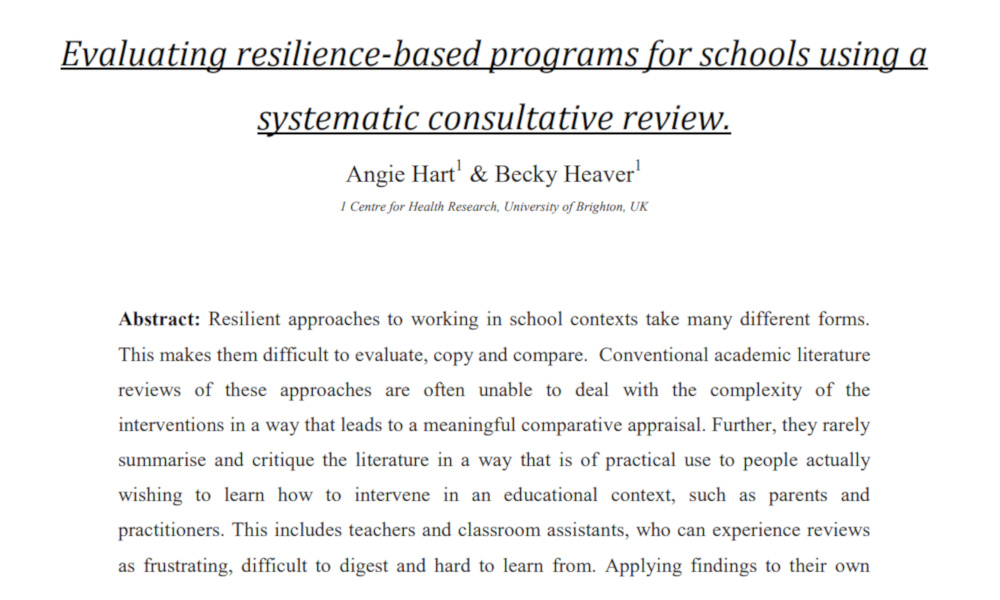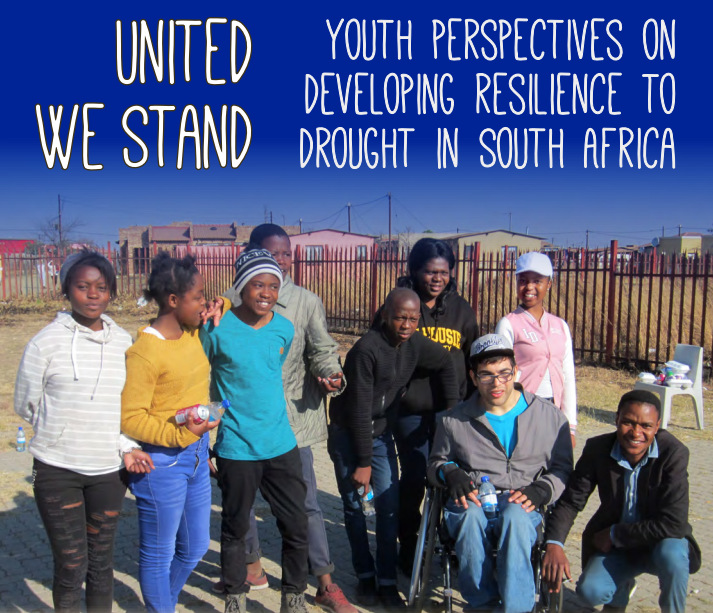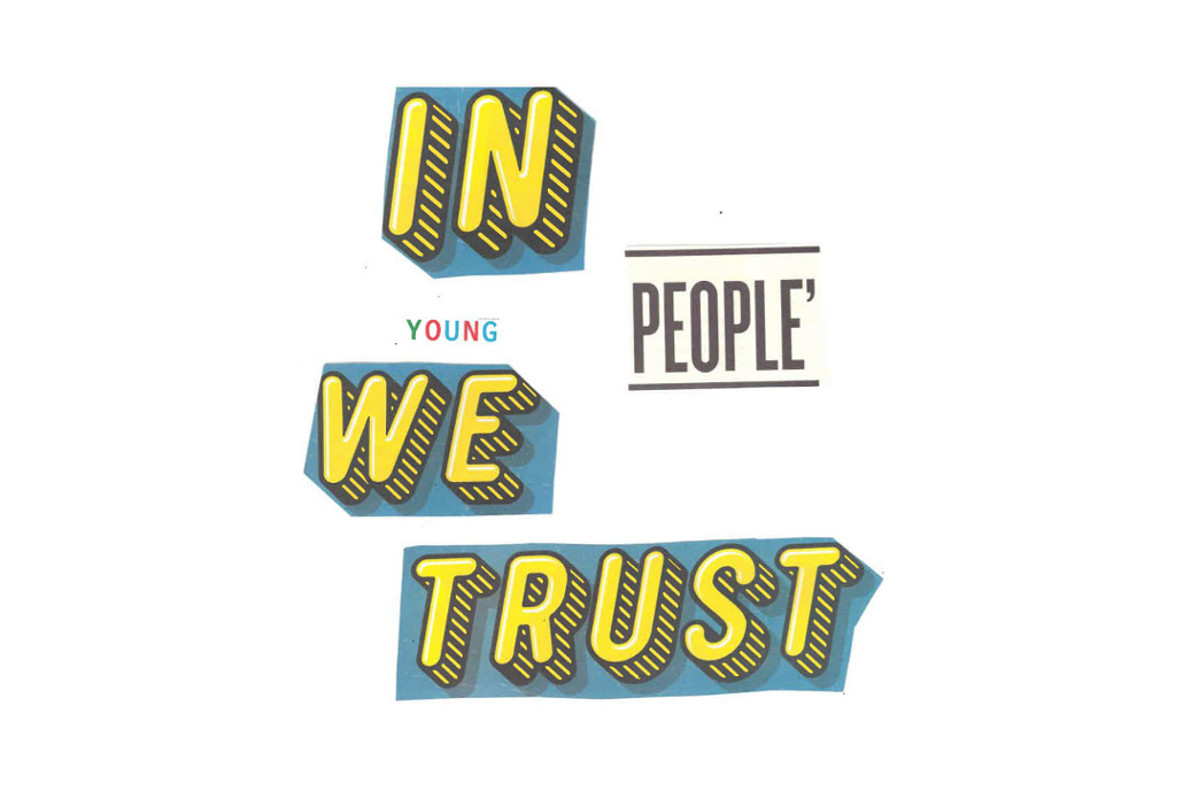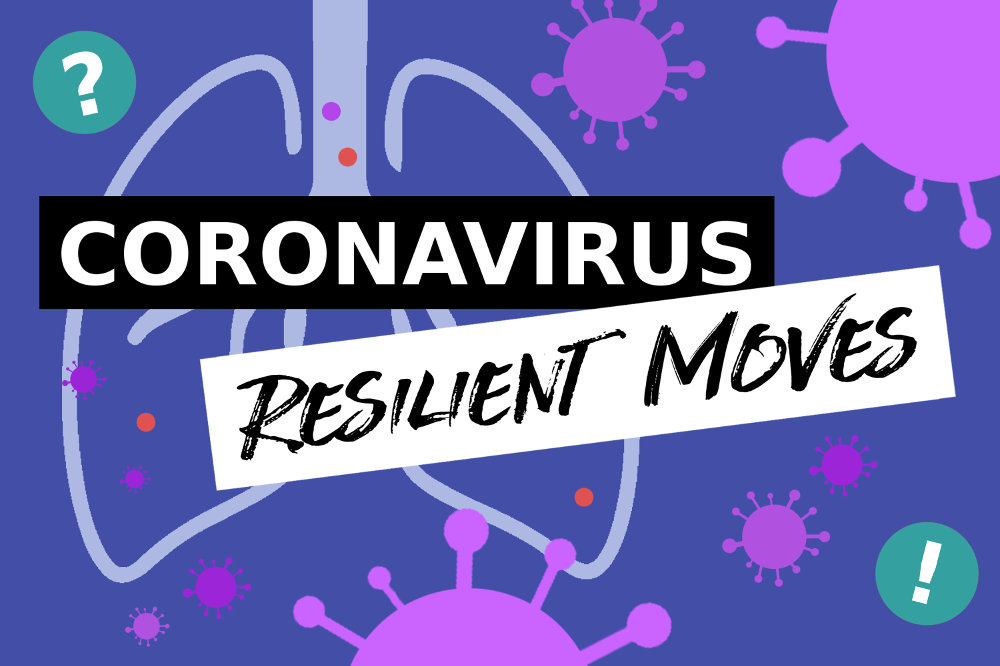This article outlines and provides examples from an approach that we are taking in our research and practice, which we have called Boingboing resilience. We argue that it is possible to bring resilience research and practice together with a social justice approach, giving equal and simultaneous attention to individuals and to the wider system.
 [email protected]
[email protected]
The main objectives of this review were to explore current practices, identify factors affecting and strategies used to improve employability. Findings suggest that collaborative strategies covering training, work practices, therapeutic support and creating appropriate work environments, with active involvement of young people, are key in supporting young people with complex needs into employment.
This article considers the co-design, co-production and evaluation of resilience-focused educational games developed by and for young people with complex needs. Using the development of these games and the results of the evaluation as a case study, it addresses key debates surrounding participatory design within the context of social inequalities.
The aim of this paper is to explain how and why school-based resilience approaches for young people aged 12-18 do (or do not) work in particular contexts, holding in mind the parents and practitioners who engage with young people on a daily basis, and whom we consulted in the empirical element of our work, as our audience.
Bu yazı ile Kovid-19 pandemi döneminde psikolojik danışma alanında yılmazlık bakış açısı ile bir durum değerlendirmesi yapmayı hedefledik. [This blog (in Turkish) discusses family resilience as an example of systems approach and a way of strengthening communities in the current context of Covid-19.]
Schools and colleges need to create systems which are flexible and responsive to changing guidance and meet the need of everyone in the community. The crisis has demonstrated schools’ central role in the community as well as the rich depth of education they provide including and beyond the curriculum.
